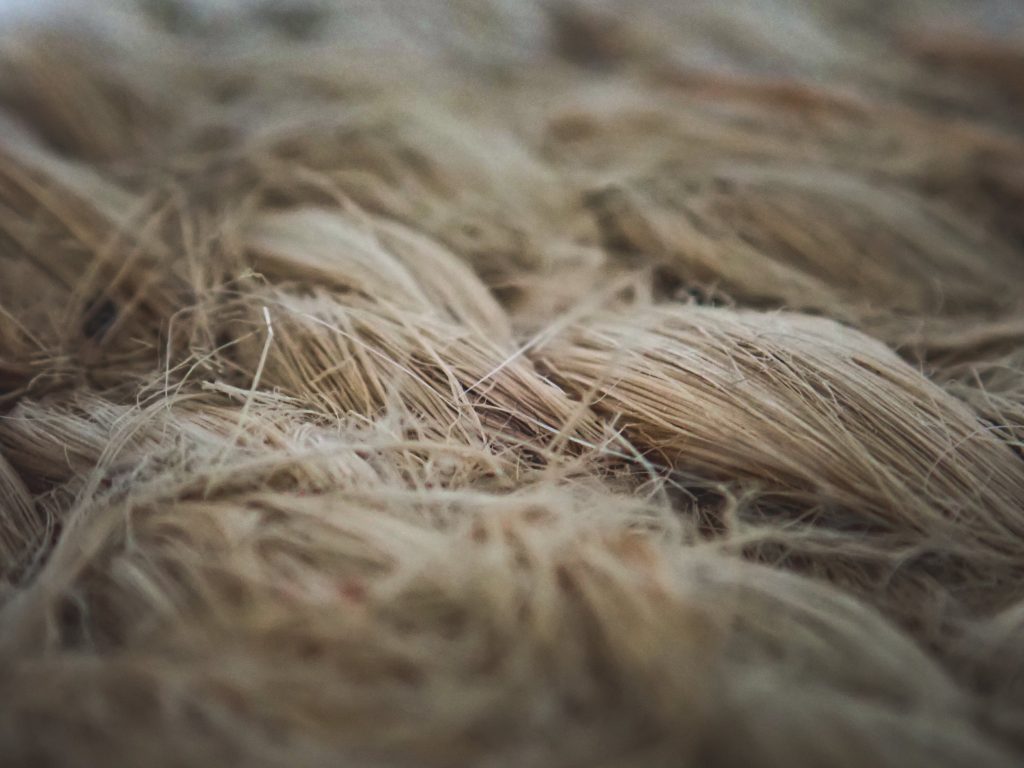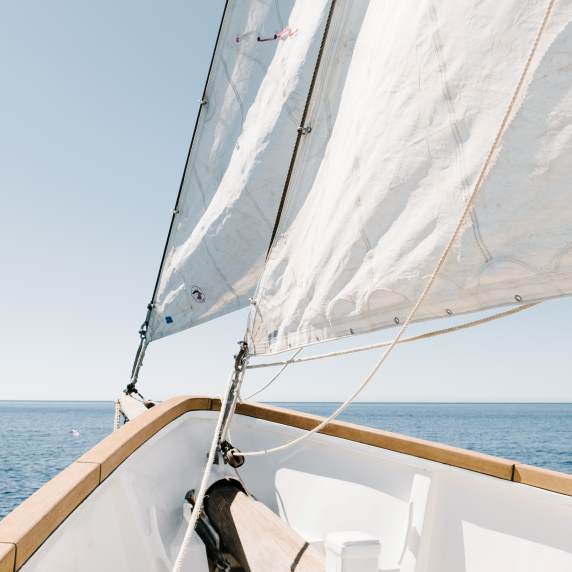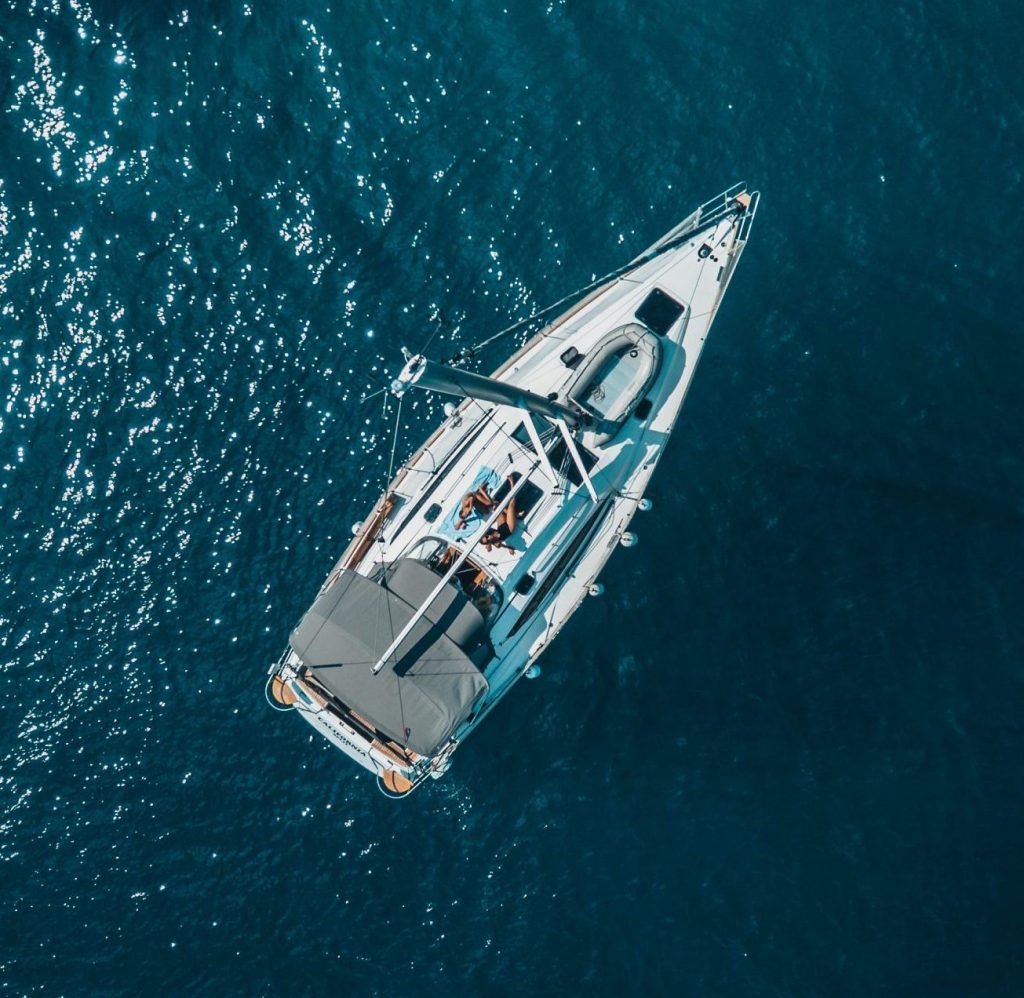As naval architects and engineers, we are witnessing an exciting revolution in shipbuilding and various other sectors. Natural fibers, once overlooked, are now emerging as versatile, sustainable, and innovative materials. In this article, we will explore how fibers like flax and basalt, derived from nature and refined through science, are transforming the maritime industry and leaving their mark in fields such as fashion and automotive.
Flax: A Renaissance Tradition
Originating from Asia and Europe, flax has a long history as a textile material. Today, it is making its mark in new horizons. Mainly cultivated in France, Belgium, and the Netherlands, flax fibers are extracted from their stems through a process called retting. These fibers are then spun to create strong, lightweight, and environmentally friendly threads.
Beyond shipbuilding, flax has found a place in the sustainable fashion industry. Designers have embraced its breathable and durable properties to create eco-friendly and stylish clothing. This shift towards natural fibers reflects a growing awareness of the importance of sustainability in all aspects of our lives.
Basalt: Volcanic Heritage in Construction
Basalt fiber, derived from volcanic rock, represents a technological breakthrough. With deposits in Iceland, the United States, Russia, and Europe, it is extracted through high-temperature heating, then transformed into resilient fibers.
In the construction industry, basalt fiber plays a pivotal role in enhancing fire resistance and durability. In the automotive sector, it finds its place in creating lightweight and sturdy body panels and interiors. This cross-sector use showcases how sustainable materials are valuable assets for designing robust, environmentally friendly products.
The Future of Innovation and Sustainability
The expansion of natural fibers, from flax to basalt, transcends industry boundaries. As naval architects and engineers, we are incorporating these materials into our creations, driven by the potential they offer in terms of lightness, strength, and a low environmental footprint.
For our clients, the advantages of owning a boat made from natural fibers are numerous. Firstly, these materials offer a unique blend of performance and durability. Boats made from flax and basalt fibers are lighter, resulting in improved energy efficiency and smoother navigation. Additionally, these fibers are known for their impact resistance and increased longevity, ensuring years of safe and enjoyable sailing.
Moreover, the ecological nature of these natural fibers aligns with environmentally conscious client aspirations. Owning a boat constructed with sustainable materials signifies environmental responsibility and a commitment to preserving the oceans we love to navigate. Owners of such boats become ambassadors for sustainability, contributing to a cleaner and healthier marine future.
Finally, the refined aesthetics of natural fibers add a visual dimension to the owner’s experience. The unique textures and organic hues of flax and basalt fibers lend boats a natural elegance. Every owner can proudly possess a seafaring work of art, combining innovation, beauty, and environmental awareness.
In essence, choosing a boat made from natural fibers goes beyond mere ownership. It’s a statement of values, an investment in performance, sustainability, and aesthetics, as well as a contribution to the well-being of our blue planet. As we sail towards the future, natural fibers pave a path to greener, stronger, and more rewarding horizons for visionary boat owners.










